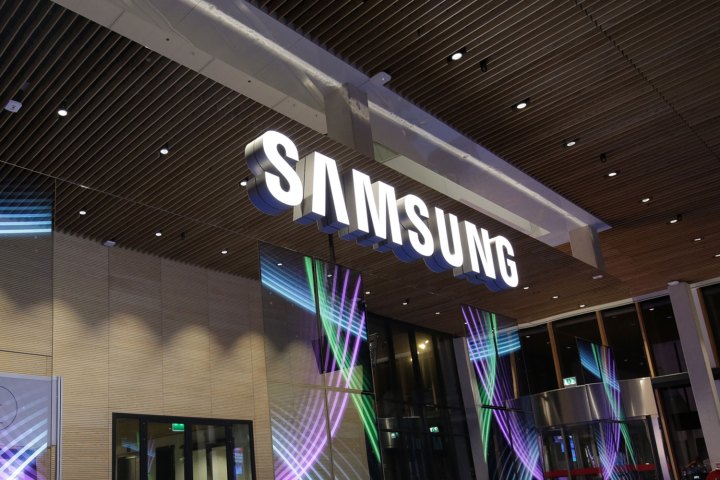
This nasty string of emojis can potentially render your iPhone useless

Be careful next time you send your best pal a string of emoji: You could end up rendering his iPhone useless. A killer three-character combination of emoticons, discovered first by YouTube channel EverythingApplePro, can crash and freeze certain models of iPhones and iPads.
DJ stream: Tidal’s Track Edit feature lets you manipulate any song you want

If you ever wanted listen to Prince’s Purple Rain at a slower tempo or Adele’s Hello at a higher pitch, you are in luck. Tidal recently updated its mobile app with a new feature, Track Edit, allowing users to alter any song in the streaming service’s massive catalog.
Arrest warrant sought for Samsung VP, as bribery scandal deepens

Samsung Group is embroiled in a political scandal that has dominated headlines in South Korea recently. It’s one of several major conglomerates accused of making donations to non-profit foundations in exchange for political favors, which in Samsung’s case may have smoothed the path for a controversial merger, which was approved in July 2015.
The Nevada sun will power Tesla’s gigantic ‘Gigafactory’

Since kicking off the project in 2014, Tesla has claimed its massive “Gigafactory” near Reno, Nevada, will be the largest lithium-ion battery cell manufacturing facility in the world, and that it will achieve that feat using renewable energy. Now we have some idea of the scale of Tesla’s commitment to that.
Microsoft’s mighty morphing mobile device would be a great Surface phone

One of the more interesting Microsoft announcements of late 2016 came at its WinHEC event, where the company announced that full Windows 10 support is coming to ARM processors along with Windows desktop app support. That means that Windows 10 will benefit from processors that perform well but put minimal strain on batteries.
Fortress Clothing promises to keep you dry and warm in wet and cold weather

One of the best ways to stay warm during cold weather is to keep dry. Whether it’s rain, snow, or sweat, there is always something to fend off. Garments have claimed to be both waterproof and breathable before, but most such fabrics typically become overwhelmed by water. This leads to a build-up of moisture that causes you to get cold.
Camera drone captures kitesurfer’s scary encounter with a great white shark

Kitesurfing in Australia recently, Isabelle Fabre had an unexpected encounter with a great white shark. It’ll likely be a story she dines out on for many years, and thanks to her friend back on the beach capturing the entire incident with a camera drone, she’ll have some dramatic footage to show, too.
Most Americans doubt the safety of autonomous cars, study says

As 2017 gets underway, it almost seems like self-driving cars are a foregone conclusion. Several automakers and tech companies are testing prototypes, and a handful of car companies have promised to put autonomous cars into production in the next few years. But is the American public ready for them?
Flexible football helmet absorbs hits like a car bumper, could put an end to concussions

Despite the fact football continues to enjoy immense worldwide popularity (estimates put fan numbers at or above 400 million), the sport remains under constant scrutiny for its approach —or lack thereof— to concussions. The NFL finally acknowledged the negative impact concussions have on its billion dollar business and opted to start awarding research grants geared towards finding a solution. One such company that took the NFL’s greenbacks and ran is Vicis, a Seattle-based firm who just debuted an innovative new helmet.
How much RAM does your PC need? Probably less than you think

Random Access Memory, usually shortened to “RAM” or simply “memory,” is one of the most important parts of any computer. But how much do you need? Current new PCs and similar devices range from around the 2GB mark, to 16GB or more. How much memory you require will depend on two factors, including what you want to do, and how much you’re willing to spend. This article will focus on computers running a desktop operating system, such as Windows, MacOS, and Chrome OS.

